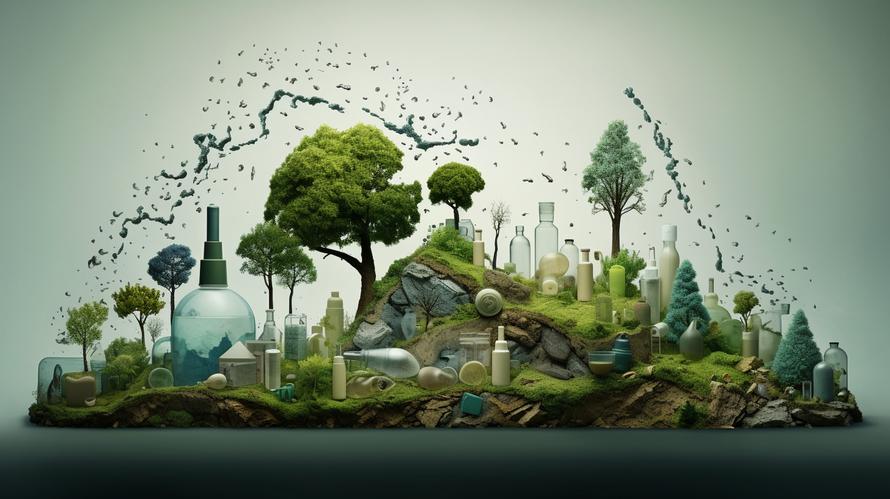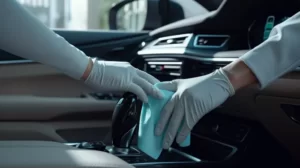The dumpster diving raccoon might be the most surprised, but you’re a close second. The “biodegradable” label slapped on the product you meticulously chose, with the hope that it would disappear harmlessly once tossed, is still stubbornly existing in your trash, weeks, months and sometimes even years later. To put it bluntly, your biodegradable trash is not degrading. And not in a good way.
The world of waste is filled with terms like “biodegradable” and “compostable” that, unfortunately, most of us use interchangeably without realizing what they truly mean. We’re conditioned to believe biodegradable materials are ‘good’, and that they’re a step toward reducing our carbon footprint. But, is that the case?
‘Bio’ might be fabulous if it relates to spa products, but when it comes to waste that we hope will be recycled, reconstituted, or just plain disappear? We might be fooling ourselves.
Biodegradable products, although eco-friendly in theory, have an alarming secret. Without the right conditions, these supposed ‘do-gooders’ may take just as long to decompose as your average plastic bottle, plate, or cup. So, let’s unfold the truth and clear preconceived notions about biodegradation.
Take that ‘biodegradable’ plastic cup, from the Sunday BBQ, for example. When tossed into a landfill, that cup lacks the light, water, and bacterial activity it needs to decompose. Instead, it gets compacted under hundreds of thousands of trash. It is then left to break down anaerobically, producing methane, a greenhouse gas 23 times more potent than carbon dioxide! This, in essence, turns good intentions into a planet-warming misstep.
The headline shouldn’t be that nature can break down these biodegradable materials, but rather how long it would take? A banana peel can take two years to decompose in the environment, did you expect a biodegradable plastic bag or takeaway container to do so overnight?
The truth is, not all biodegradable items break down equally, or at all under certain conditions. Products made from organic matter like grass, leaves, or food waste generally decompose quicker in the right conditions. However, that ‘biodegradable’ label often found on plastic items; that’s the real bogeyman.
Biodegradable plastics require specific conditions to break down and, contrary to popular belief, they don’t always return to their elemental components. These products need the perfect blend of sunlight, temperature, and moisture to start degrading. Even then, there’s no hard and fast rule about when they will completely break down. Research reveals that under unfavourable conditions, some ‘biodegradable’ products might take hundreds of years to break down.
But cheer up, the story isn’t all dim. There are ways to decrease your carbon footprint while full-proof understanding what you’re getting:
1. Compostable is the Buzzword: Rather than relying on biodegradable products, opt for items labelled ‘compostable’. These products break down under a wider range of conditions, with compostable plastics requiring commercial composting facilities to degrade fully.
2. Go Vintage-cum-Innovative: Use glass containers, steel lunch boxes and the likes as many times as you can. Some innovative companies even offer services to deliver goods in reusable containers that are collected, sanitized, and reused reducing the waste to a considerable amount.
3. Embrace the Zero Waste Movement: Shops that let you bring your containers have been popping up all over, naming it the ‘zero waste’ trend. Embrace it whole-heartedly.
4. Responsible Recycle: Be vigilant about what you put in your recycling vs. composting bins. Teach yourself about what truly is recyclable and compostable.
Being conscious consumers doesn’t end when we pay for our goods. To truly follow an eco-friendly and sustainable lifestyle, acknowledging the lifecycle of the products we use is integral. It’s about time we pull back the curtain on ‘biodegradable’ products and trade them in for truly compostable, reusable and eco-friendly alternatives. Choose wisely, for the world is in your shopping cart.



